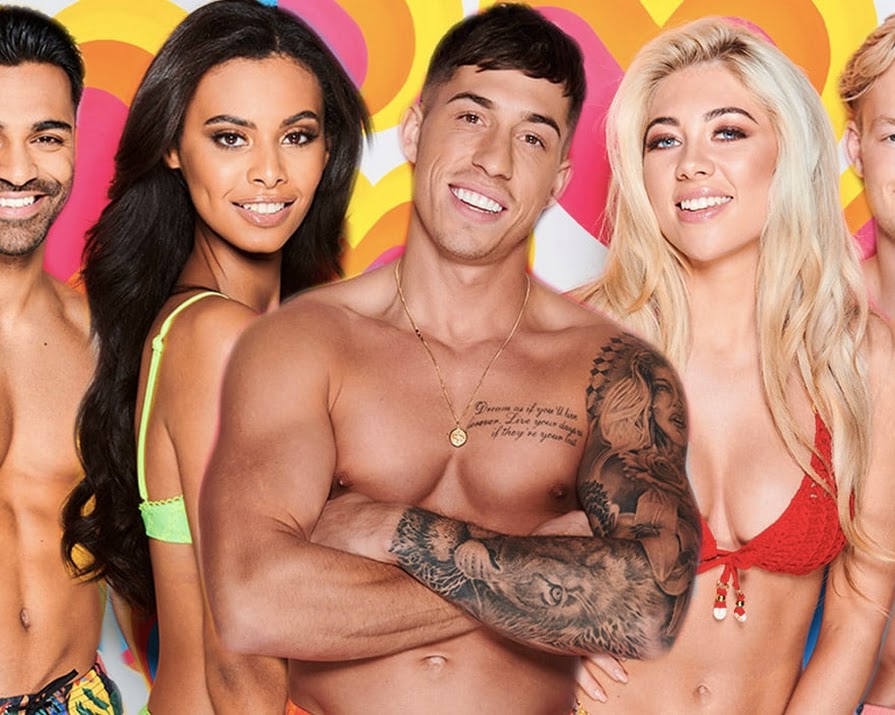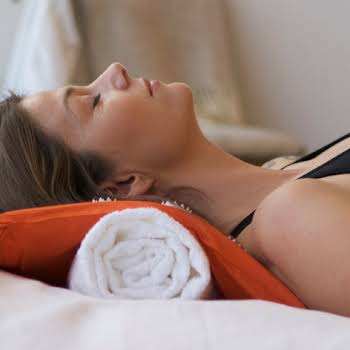
By Jennifer McShane
10th Jan 2020
10th Jan 2020
Good, bad or indifferent, Love Island is addictive TV. But is it just a guilty pleasure or something more? And can a series which cites gaslighting, slut-shaming and all the sexist stereotypes you can think of really fall under ‘harmless’ viewing? Jennifer McShane reports
Sometimes, TV is just TV. It is what it is. It serves a purpose to entertain as much as inform. You don’t have to watch programmes to be informed; from a pure entertainment factor Love Island ticks that box. It is entertaining. But it’s also bizarre, sexist and misogynistic — in short, deeply problematic. And yes, the behaviour of some of the contestants is as alarming as it is surprising.
Love Island frequently crosses the line from being a show we addictively love to hate to one that is also a grim reflection on societal stereotypes for women and men. The scales aren’t even — both men and women are expected to fit a particular mould and look as perfect as possible.
Pre-determined stereotypes
Media Psychologist & Senior Therapist Sally Baker of workingonthebody.com says Love Island perpetuates stereotypes – but they aren’t the only ones to blame. “The show often recruits contestants who are already dedicated to attaining the ‘perfect’ body image that is portrayed on Instagram. However, Love Island alone is not responsible for perpetuating the idea of such a narrow definition of attractiveness. Globally we’ve had almost 20 years of the Kardashians’ influence on what beauty should look like. We have also had several long-running popular reality TV programmes. The willingness of many of the women and some of the men in those programmes to embrace aesthetic procedures have encouraged young women to normalise the idea of all sorts of interventions to make them fit this perceived ideal.”
Viewers know what they are letting themselves in for: contestants are chosen who can slip into pre-determined stereotypes. Sally says this is so the audience can build an affinity with their favourite contestant in the shortest possible time. “Contestants are two-dimensional cartoon characters in lots of ways,” Sally continues. “This makes it easier for the viewing public to very quickly identify the boys or girls they like and care about and those they loathe. There is no room for nuance or subtlety on Love Island. The hothouse nature of the group being isolated in the villa encourages obsessive behaviour.”
Self-esteem issues
“There is no ‘diversity’ in terms of the bodies being slim and toned,” adds Confidence and Wellness Expert, Sophia Husbands. “When I started watching the show, I actually googled the requirements for the show — they were going for ‘model-like’ people every time.”
She said she also believes this absolutely has an effect on the self-esteem of the viewer. “I think people will start to question their ‘self-worth’ and measure it in terms of how sexy and attractive they are,” she said. “Social media and reality shows are having an effect on people’s emotional wellbeing and highlighting mental health issues. I have heard of stories of people quitting social media and completely closing down their accounts as they feel depressed as they cannot live up to the glossy images shows like Love Island present.”
Male stereotyping happens too
“Let’s not underestimate the pressure men also face to comply with a distinct vision of male attractiveness”
“I actually don’t see Love Island as a complete negative for me,” interjects 18-year-old entrepreneur Brandon Ralph. “It actually doesn’t make me feel any worse about my body image, personally, and I can see it as something that they have clearly worked hard to create — with lots of gym sessions I imagine! With the male figures, I think, to an extent, it can show what is possible through working out. I can see the potentially detrimental effects it can have but I also see it from another perspective; where it can actually help tear down and humanise these ‘models’ we usually see on Instagram. They don’t get to perfect their shot, we can see the ‘raw’ versions of them.”
“It’s a different set of pressures for the male contestants,” Sally agrees. “But let’s not underestimate the pressure men also face to comply with a distinct vision of male attractiveness. All of them are buff. They are all waxed and preened and muscular. They are all young.”
She does, however, say relativity is important as is the use of Love Island as a backdrop for the discussion of serious issues. “The show does offer us the opportunity to discuss some of the significant relationship and human behaviour issues of our time — gas-lighting, possessiveness, jealousy, loyalty,” she continued. “They are the sort of sentiments and emotions that often only happen covertly in one-to-one relationships so it offers us an insight into human behaviour in hi-definition from the comfort of our sofas.
“Yes, a person struggling with self-esteem may see the body beautiful men and women and want to compare themselves to the contestants. However, they will also see how the contestants struggle with low mood, disappointment and self-doubt. Believing your self-worth is determined by looking ‘perfect’ doesn’t protect anyone from heart-ache in the villa as it doesn’t in the real world.”
Photography by Love Island
Read more: Love Island’s Maura gives a masterclass in how to deal with slut-shaming
Read more: I watched ‘Love Island’ for the first time and here’s what I thought…
Read more: The real reason we are so addicted to Love Island























